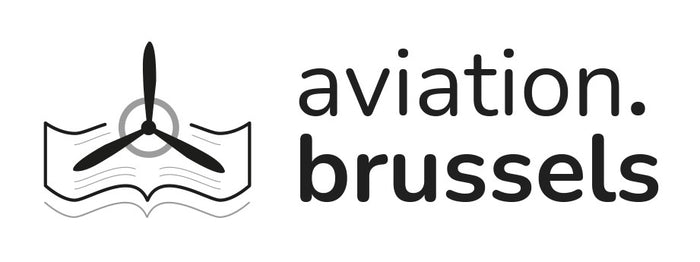Major Alexander P. De Seversky
Alexander Nikolaievich Prokofiev de Seversky ( June 7th, 1894 - August 24th, 1974 ) was born in Tiflis ( former Russian Empire, now Tbilisi, present - day Georgia ).
He entered a military school at the age of 10. His father was one of the first Russian aviators to own an aircraft and, when Alexander de Seversky entered the Imperial Russian Naval Academy ( aged 14 ), his father had already taught him how to fly.
Graduating in 1914 with an Engineering degree, Lieutenant de Seversky was serving at sea with a destroyer flotilla when the First World War began. He was selected for duty as a naval aviator, transferring to the Military School of Aeronautics at Sebastopol ( Crimea, disputed by both Ukraine and Russia since 2014 ). After completing a postgraduate programme on aeronautics ( 1914 - 1915 ), he was reassigned as a pilot in the summer of 1915 to an aviation unit in the Baltic Fleet.
Shot down by enemy anti - aircraft fire before he could drop his bombs on a German destroyer ( his first mission ), he was badly wounded when the bombs exploded in the crash, killing his observer. After being amputed of one leg ( below the knee ), Alexander de Seversky was fitted with an artificial leg but was deemed unfit to return to combat. To prove that he could still fly, he appeared unannounced at an air show, but was quickly arrested. Tsar Nicholas II intervened on his behalf and in July 1916, Alexander de Seversky returned to combat duty.
He flew 57 combat missions during which he managed to shot down 6 German aircraft ( his claims for 13 victories are disputed ). During the 1917 Revolution, Alexander de Seversky was stationed in Petrograd ( present - day St. Petersburg ). In March 1918, he was selected as an Assistant Naval Attaché in the Russian Naval Aviation Mission to the United States. He then decided to remain there and settled in Manhattan ( New York City ).
In 1918, Alexander de Seversky offered his services to the War Department as a pilot with General Kenly, Chief of the Signal Corps. After the Armistice, he became an assistant to air power advocate General William " Billy " Mitchell ( 1879 - 1936 ). After joining the Army Air Corps Reserve, Alexander de Seversky was commissioned a Major in 1928.
Founded in 1923, the Seversky Aero Corporation was unable to survive the stock market crash of 1929. On February 16th, 1931, with the backing of Wall Street millionaire Edward Moore and other investors, Alexander de Seversky resurrected the enterprise as the new Seversky Aircraft Corporation in Long Island ( New York ). When he left for Europe on a sales tour ( Winter of 1938 - 1939 ), the Board reorganized the operation on October 13th, 1939, renamed as Republic Aviation Corporation.
Shortly after the Attack on Pearl Harbor ( December 7th, 1941 ), he wrote Victory Through Air Power ( published in April 1942 ), advocating the strategic use of air bombardment. Alexander de Seversky was one of a number of strategic air advocates whose vision was realized in the 1946 creation of the Strategic Air Command. In postwar years, he continued to lecture and write about aviation and the strategic use of air power.
( source : Wikipedia )



















